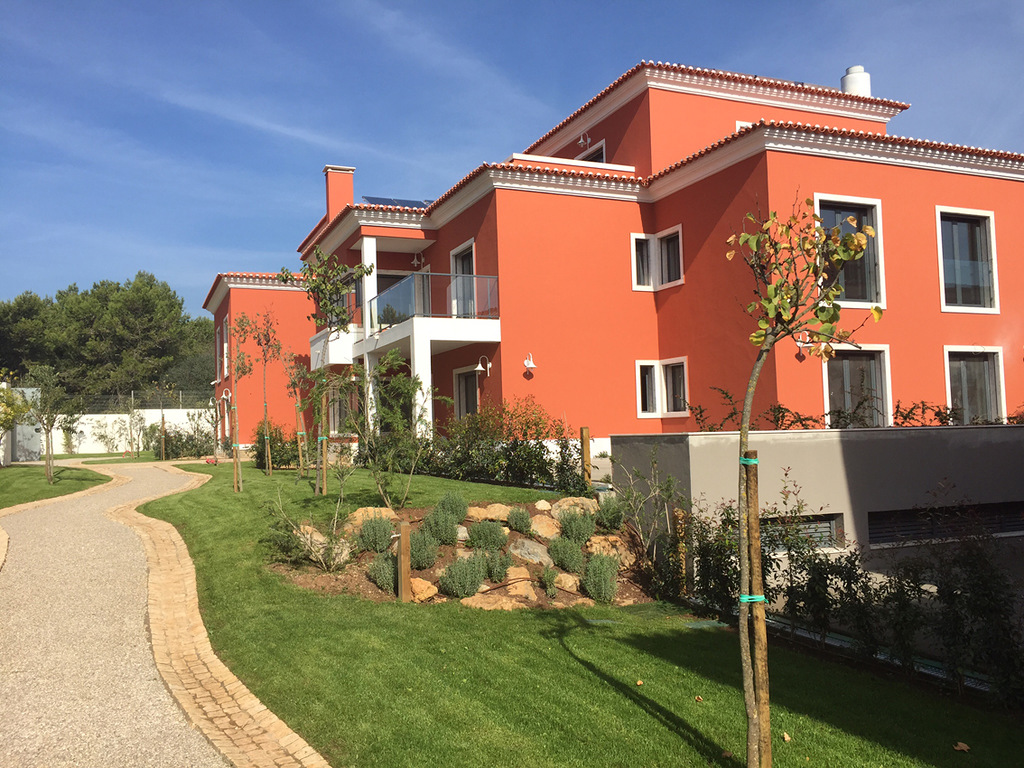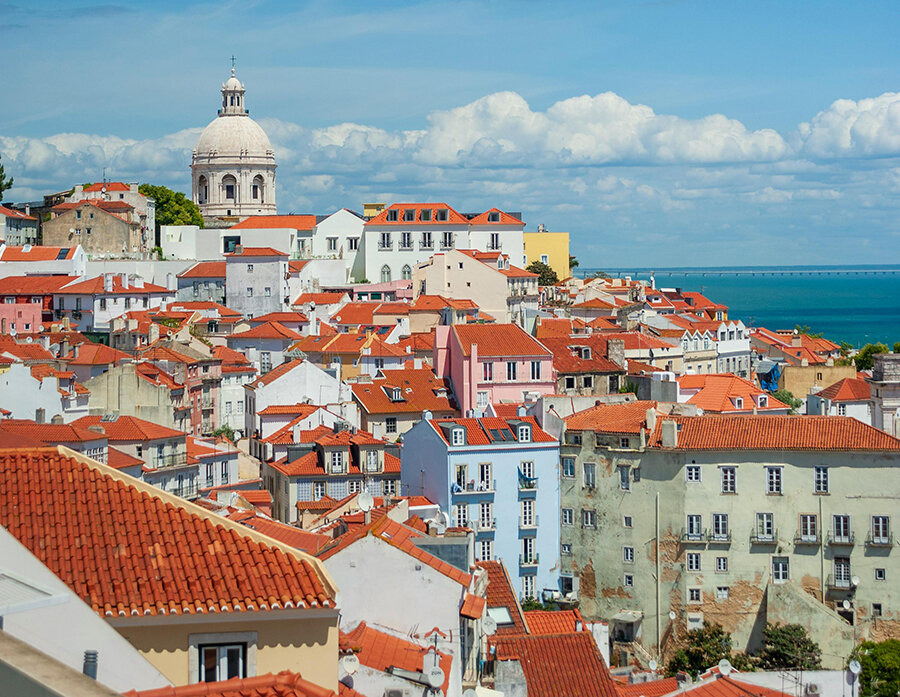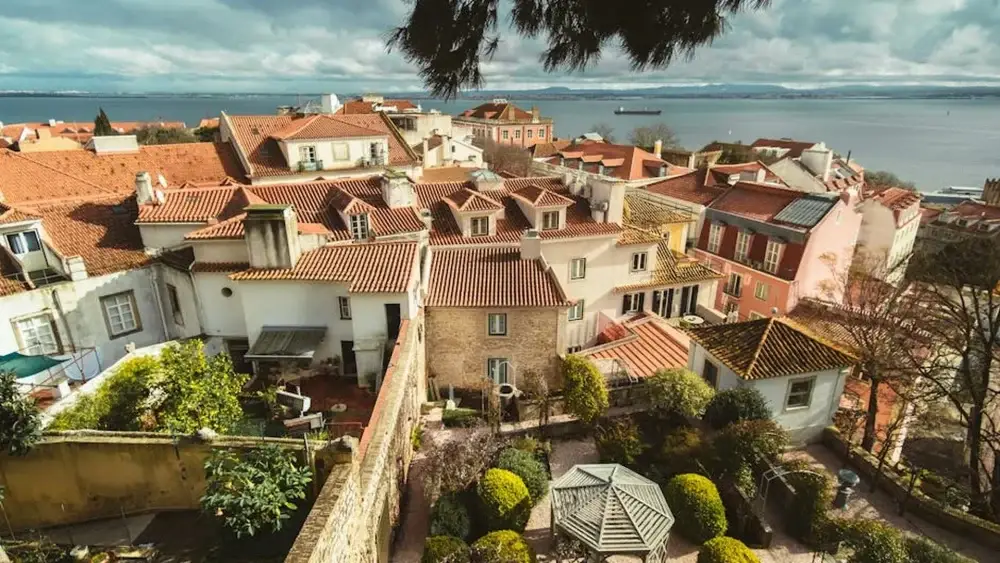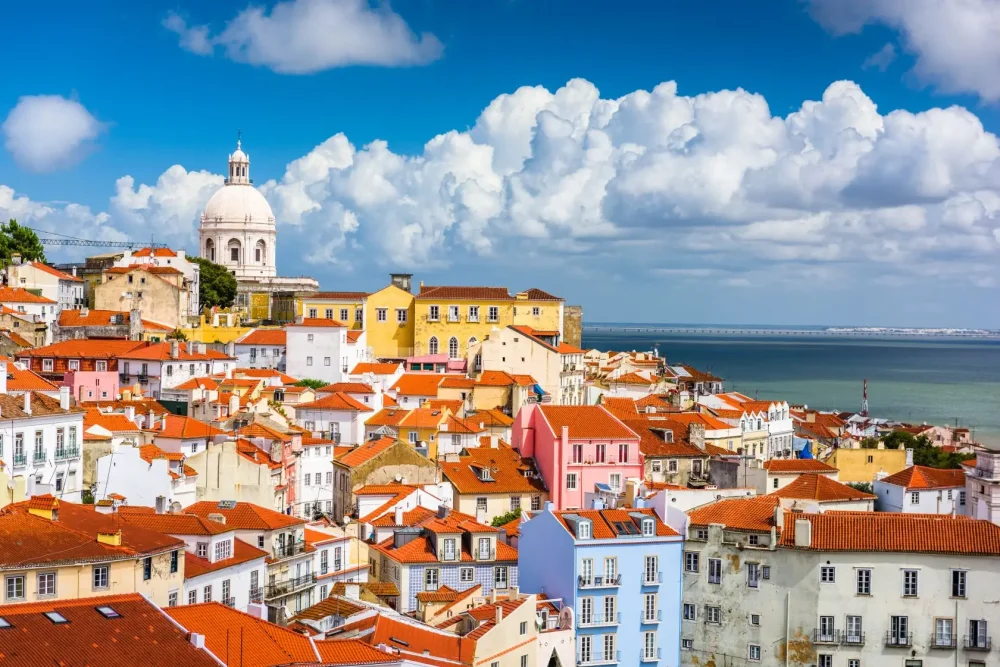Portugal is a country with a warm climate, amazing landscapes and a stable economy. In recent years, the state has become a popular destination for investors looking not only for profit, but also for comfortable living conditions. The Golden Visa programme, introduced in 2012, simplifies the process of obtaining residency through investment. Before moving to Portugal for permanent residence, it is necessary to study the local rules, cultural peculiarities and subtleties of migration legislation. This is what we will talk about in this article.

Advantages of Golden Visa programme
The system enables foreign nationals to live, work and travel legally in Schengen countries while investing in the Portuguese economy.
The main advantages of the programme are:
- Minimum period of stay in the country. It is sufficient to spend only 7 days a year in Portugal during the first five years to maintain residency status.
- Possibility of including family members. Spouse, children under 18 years of age and dependent parents are eligible for residence.
- Access to government services. The right to education, health care and participation in social programmes.
- Transition to permanent residence and citizenship. After five years, you can apply for permanent residence and then citizenship.
Investors get many benefits, but it is important to keep in mind that the system requires strict adherence to set rules.
Buying property as a way to move to Portugal for permanent residence
 Investing in housing allows you not only to obtain a residence permit, but also to earn money from renting out the premises or reselling them.
Investing in housing allows you not only to obtain a residence permit, but also to earn money from renting out the premises or reselling them.
What types of property are eligible for the Golden Visa:
- Residential houses and apartments. In Lisbon, Porto and other major cities, property prices start from 300,000 euros. These properties are ideal for rent due to the high demand from tourists and locals.
- Historic buildings requiring restoration. Buying these properties will cost less – from 280,000 euros. Restoration of a building increases its market value, which makes this option particularly attractive.
- Commercial property. Offices, shops and shopping centres become a source of stable income. Prices for such premises start from 400,000 euros.
- Property in provincial areas. Less developed regions of Portugal, such as the Algarve or the northern provinces, offer attractive investment opportunities. Costs are lower here, and tax incentives are a bonus.
Participation in the Golden Visa programme requires an investment of between €280,000 and €500,000, depending on the type and location of the property. Investors are required to provide proof of the origin of the funds and prove their financial solvency.
To apply for the programme, the following package will be required:
- A passport.
- Bank statements confirming the availability of funds.
- Documents confirming the origin of the capital.
- A certificate of no criminal record from the country of residence.
- Medical insurance covering possible risks.
Peculiarities of the tax system: how much does it cost to move to Portugal for permanent residence?
Tax advantages for residents make the country even more attractive to investors:
- Personal income tax. For foreigners there is a progressive rate from 14.5% to 48%. For new residents there is a NHR (Non-Habitual Resident) regime, which allows to reduce the tax burden.
- Property Tax. The annual fee ranges from 0.3% to 0.8% of the cadastral value of the property.
- Inheritance Tax. Portugal has no such fee for immediate family members, making it ideal for investors with families.
Recommendations for choosing a property
Moving to Portugal through property investment is a reliable and proven way to live and do business. Lisbon and Porto are key locations with high attractiveness for investors. In the capital, the Bairro Alto and Alfama districts are popular. Properties here start from 300,000 euros and are well suited for letting due to high demand.
Porto offers more affordable housing prices but remains competitive in the rental market. This makes the city a favourable choice for investors looking for a stable income. The Algarve is a region known for its resorts and beaches. The cost of squares here starts from 280,000 euros.
The historic cities of Coimbra and Braga attract capital holders with low prices and high potential for growth in property values. There is less competition, which makes buying properties in these regions a favourable long-term strategy.
Education and health care in Portugal
When choosing a place to live, the quality of infrastructure plays an important role. Moving to Portugal for permanent residence means getting access to high quality education and one of the best healthcare systems in Europe.
The country’s education system includes both state schools, which provide free education, and private institutions, which are suitable for children of foreign citizens. International educational institutions offer programmes in English that meet UK and US standards. Tuition fees vary from 8,000 to 15,000 euros per year. Higher education is represented by the leading universities – Lisbon and Porto. The universities offer a wide range of programmes in English. Tuition fees for foreigners start at €3,000 per year.
The medical system includes state and paid institutions. Public medicine provides access to free or low-cost services, while private clinics provide faster service and comfort. A health insurance policy can be taken out for 40 euros per month.
Investment prospects: why is it profitable to move to Portugal for permanent residence?
The property market in the country shows stable growth and rental yields remain at a high level. In the cities of Lisbon, Porto and the Algarve, the annual increase in flat values is 5-8%. In tourist areas, rental income reaches 7% per annum, which makes investments particularly attractive.
Portugal is actively developing the tourism and green energy sectors. Investments in the hotel business, service companies or renewable energy sources bring stable income and contribute to the development of the economy. Solar and wind power plants are particularly promising and receive support at the state level.

Conclusion
 To move to Portugal for permanent residence is a step towards stability, comfort and new opportunities. Participation in the Golden Visa programme simplifies the process of obtaining a residence permit, providing freedom of movement and favourable tax conditions. For a successful move it is important to take into account all the nuances: from the choice of property to the preparation of documents. The country attracts investors not only with favourable programmes, but also with its high quality of life, mild climate and hospitable culture.
To move to Portugal for permanent residence is a step towards stability, comfort and new opportunities. Participation in the Golden Visa programme simplifies the process of obtaining a residence permit, providing freedom of movement and favourable tax conditions. For a successful move it is important to take into account all the nuances: from the choice of property to the preparation of documents. The country attracts investors not only with favourable programmes, but also with its high quality of life, mild climate and hospitable culture.
 en
en  ru
ru  de
de  ar
ar  es
es  nl
nl  hi
hi  fr
fr  it
it  pt
pt  el
el 












